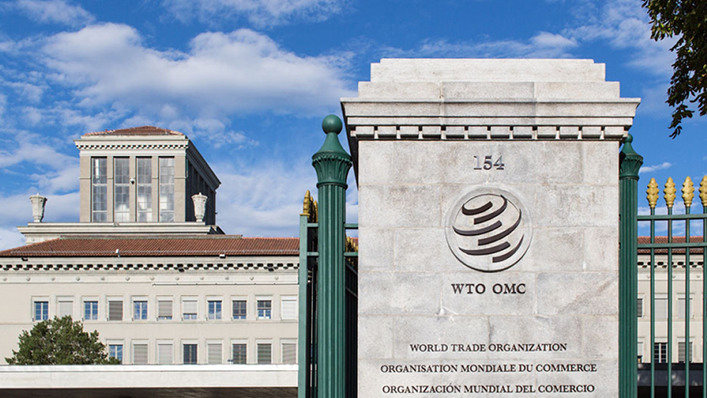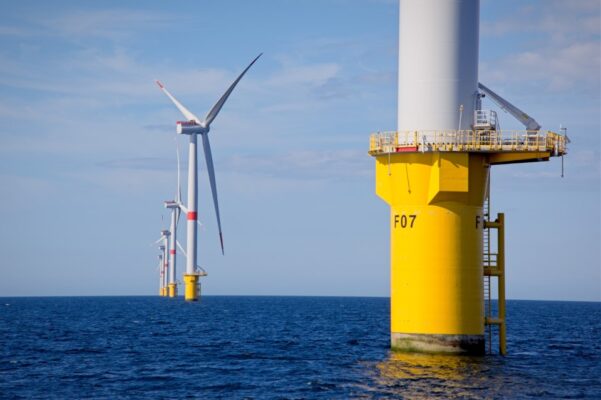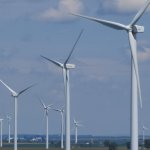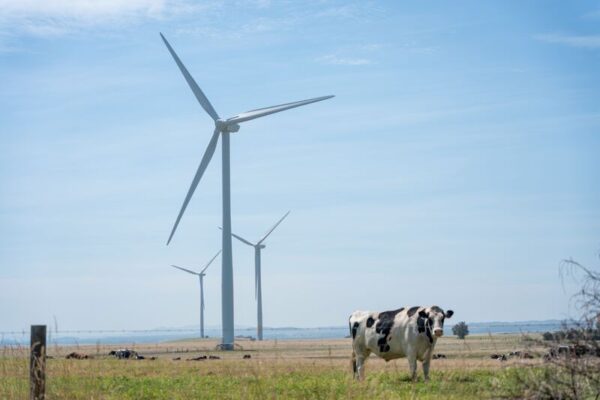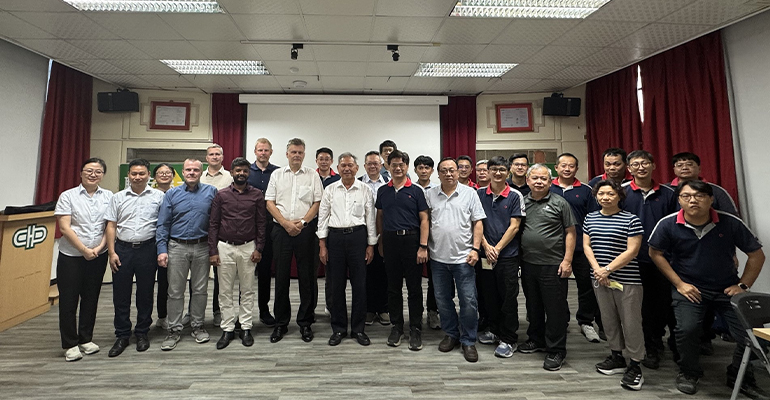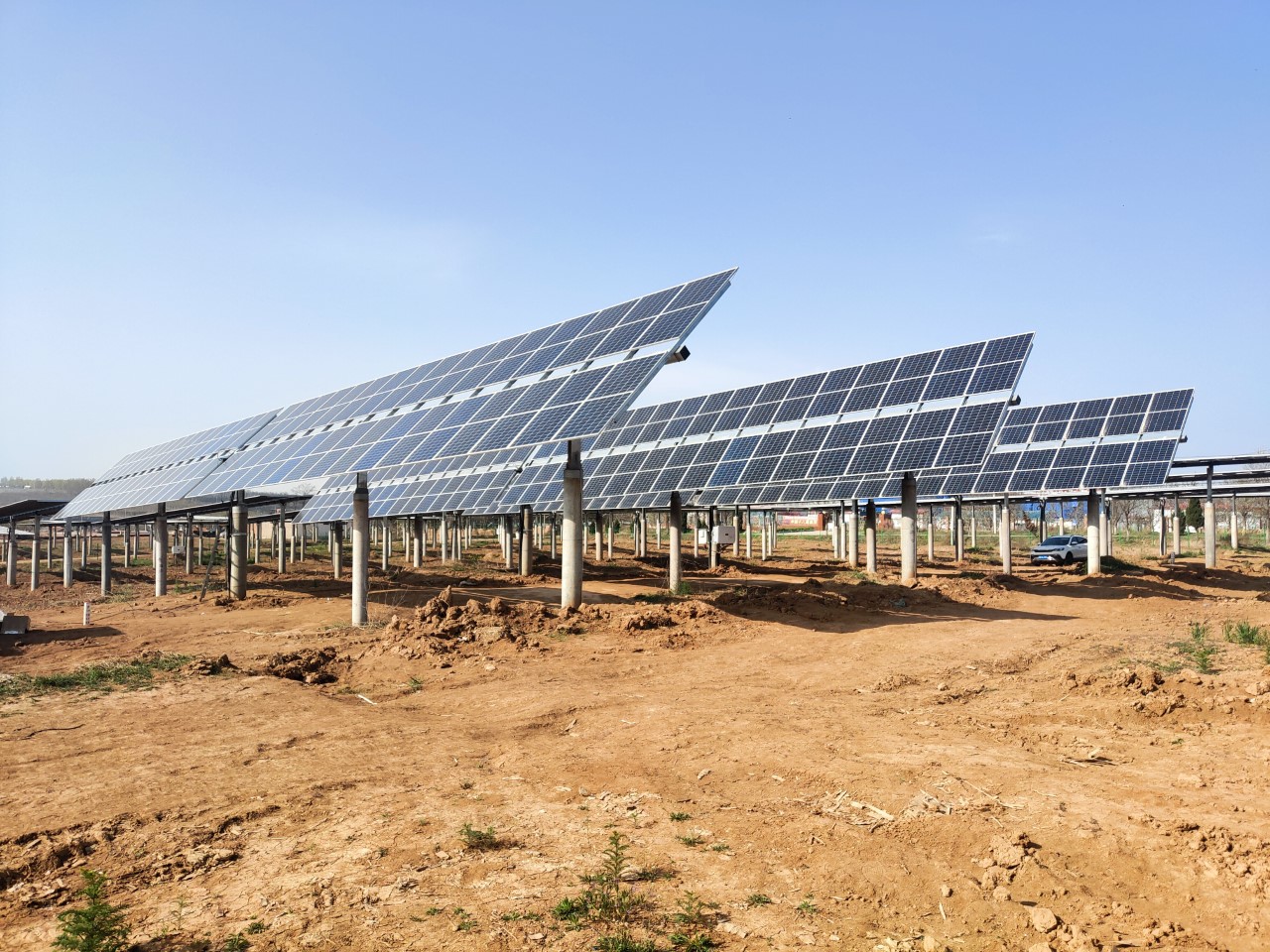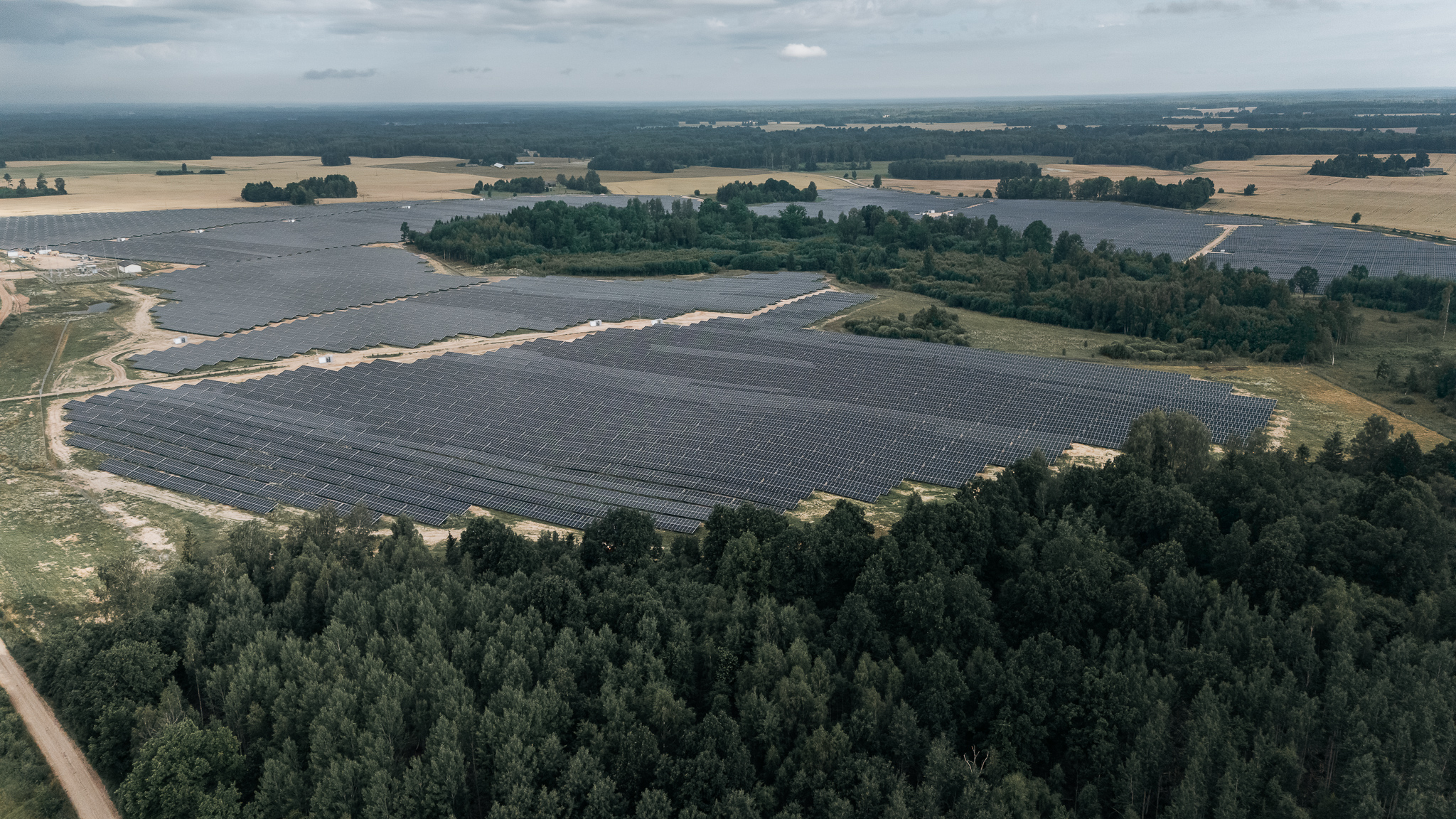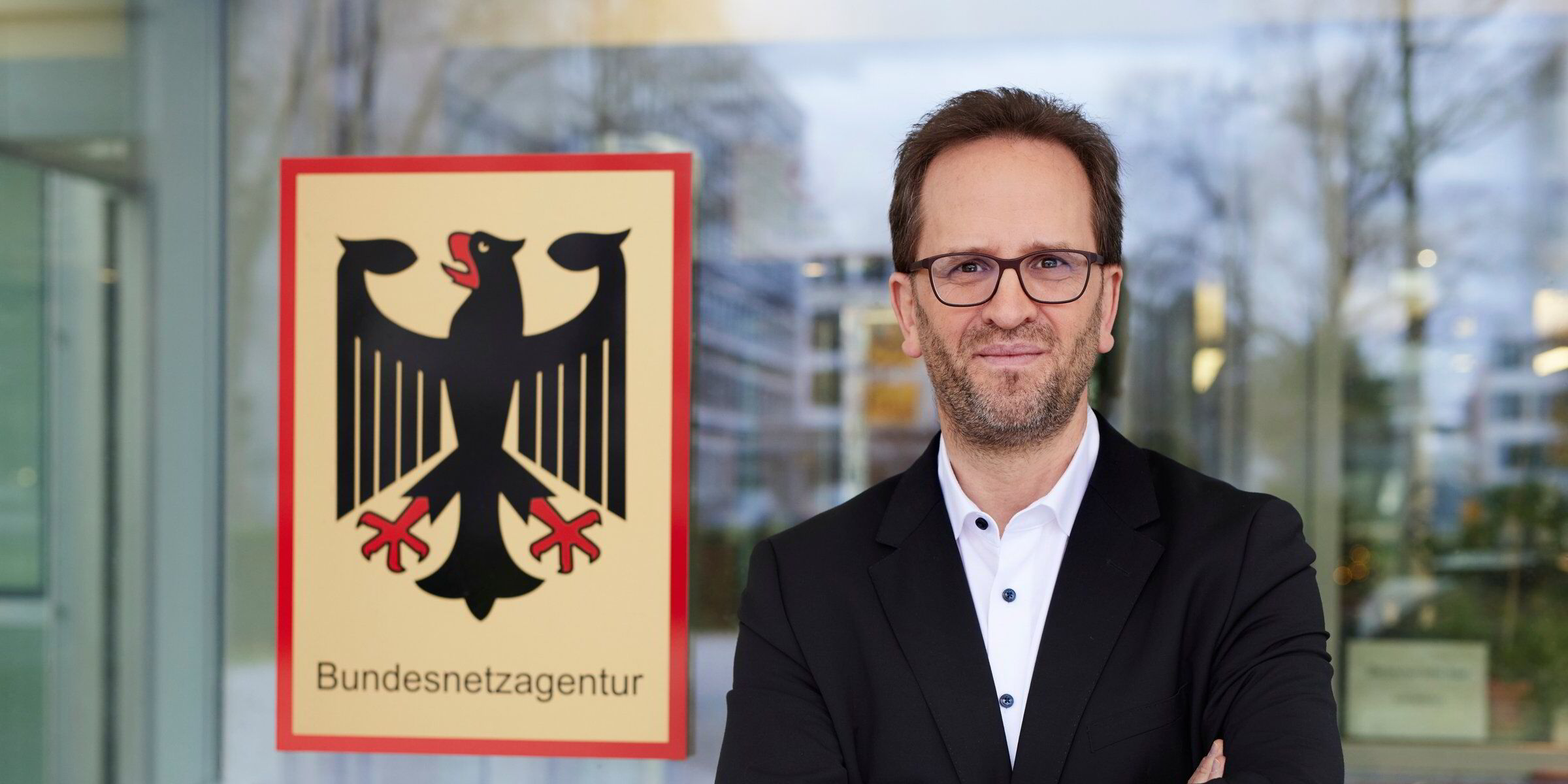Biofuels from high fraud supply chains dominate Irish biofuels market – IrBEA
The Irish Bioenergy Association (IrBEA) has issued a stark warning following the release of the official 2024 biofuels data from the National Oil Reserves Agency (NORA). Biofuel imports linked to high fraud risk and unverifiable supply chains now dominate Ireland’s renewable fuel supply, displacing Irish-made fuels, threatening national climate targets, while representing a lost economic opportunity for Ireland.

According to an IrBEA analysis of the NORA figures, while overall biofuels consumption rose by 20 percent in 2024, most of the growth was from imports linked to high-risk and unverifiable supply chains, particularly from Indonesia, China, Malaysia, and Ukraine.
A third of all biofuels on the Irish market in 2024 came from supply chains widely believed to be fraudulent. This includes virgin palm oil and soy oil disguised as waste oils like used cooking oil and palm processing effluent, to falsely qualify for sustainability incentives. These imports are cheaper but deeply damaging, said James Cogan, Chair of the IrBEA Bioenergy in Transport Group, and author of the NORA analysis.
The fast-growing hydrotreated vegetable oil (HVO) sector has reached 31 percent of the market, and saw 90 percent of its supply from outside the EU, with 75 percent from high-fraud-prone countries.
A number of leading Irish logistics and distribution companies, including An Post, Irish Rail, and Irish Ferries, are transitioning to HVO fuel without the necessary Government safeguards against fraud.
Meanwhile, Irish biomethane’s share fell from 70 percent in 2023 to just 21 percent in 2024, overtaken by high fraud risk Malaysian “used cooking oil” and German food waste, both being used to produce biogas. This, in the same period as the Government launched its National Biomethane Strategy, seeking a 40-fold growth in Irish biomethane production by 2030, James Cogan added.
IrBEA also flags that Ireland’s overall contribution to domestic biofuels fell by 21 percent, a major blow to the circular economy and the Government’s goal of developing up to 200 biomethane plants by 2030.
With dependency on foreign direct investment becoming less certain, indigenous economic development is increasingly critical.
IrBEA members call for urgent policy action to immediately exclude suspect imports from the Renewable Transport Fuel Obligation (RTFO) support, adopt stricter traceability and certification rules, as Germany is now proposing, and protect the viability of Ireland’s renewable fuels sector, including biodiesel, ethanol, HVO, and biomethane, originating from verifiably sustainable sources, said Seán Finan, CEO of IrBEA.
Germany recently introduced legislation to ban high-fraud imports and disqualify biofuels from facilities where inspections are impossible.
IrBEA says that it welcomes Germany’s proposed 2025 legislation to disallow biofuels from high-fraud risk, non-EU supply chains and production facilities where on-site inspections are not possible and calls on Irish and EU policymakers to end support for biofuels from unverifiable origins, particularly where virgin vegetable oils are mislabelled as waste.
IrBEA members encourage the Irish Government to take similar steps if it wants its climate goals, its bioeconomy strategy, and its National Biomethane Strategy to remain credible. We are not asking for special treatment, only for a level playing field. Irish producers play by the rules. They should not be forced out of the market by fraud, said Seán Finan.
Key IrBEA findings from 2024 NORA data include:
- 20 percent increase in overall biofuels consumption in line with the rising Renewable Transport Fuel Obligation (RTFO).
- Irish-produced biomethane collapsed to just 21 percent of national supply, down from 70 percent in 2023, replaced by biomethane from Malaysian UCO and German food waste. This is in stark contrast to the Government’s National Biomethane Strategy, which aims for 200 new biomethane plants nationally by 2030, up from just a handful today.
- HVO grew 74 percent and now makes up 31 percent of the transport biofuels market. However, three-quarters came from high-fraud risk sources, mainly palm-based waste oils and UCO from Indonesia, China, and Malaysia.
- Ethanol consumption rose 48 percent, but non-EU imports, especially from Ukraine and the United States, dominate the supply. Irish-produced ethanol made up 11 percent, from whey-based feedstock.
- More than one-third of all biofuels in Ireland are now linked to supply chains with a high risk of fraud, due to limited oversight and weak certification regimes in exporting, non-EU countries.
- Ireland’s contribution to its domestic renewable transportation fuel supply fell by 21 percent in 2024, despite growing demand. This represents a significant setback for the circular economy and signals that Irish agri-food waste is either not being recovered or is being exported to markets with higher sustainability standards (e.g. Finland, California).
What's Your Reaction?










